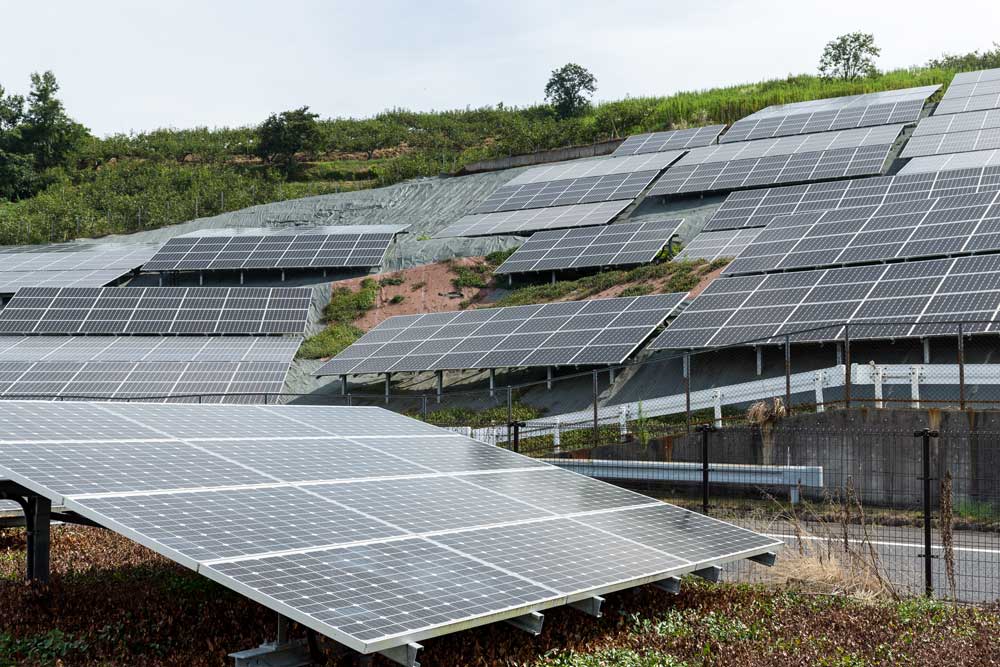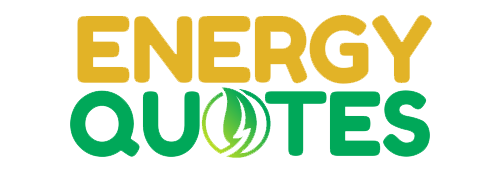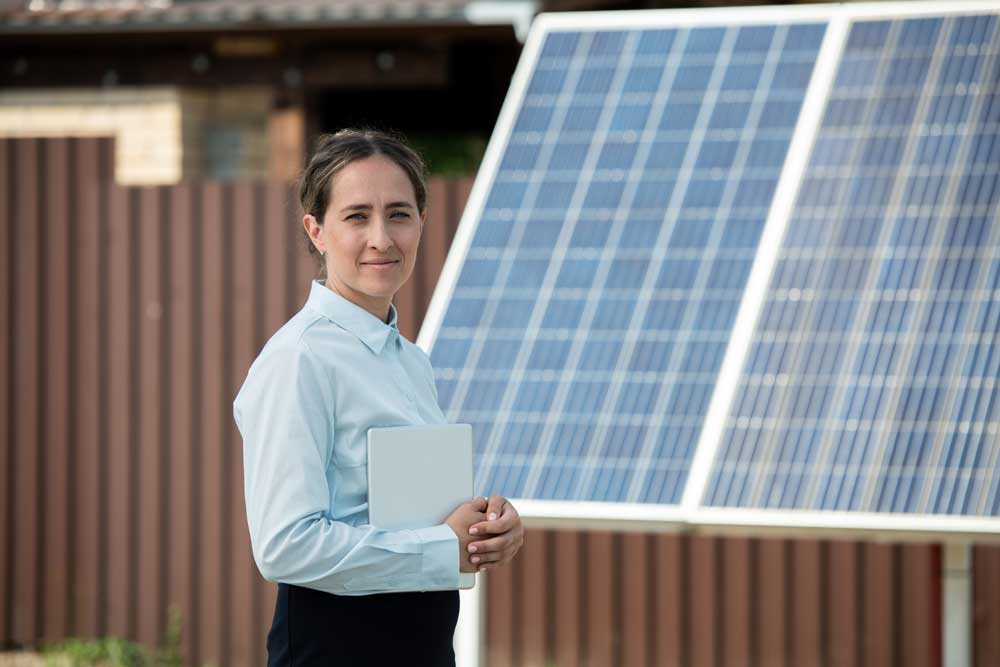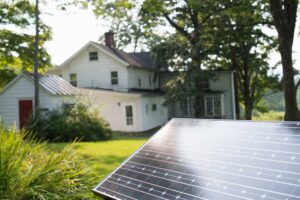The solar industry is booming. In 2022, the global solar market was worth over $220 billion, and it is expected to grow to over $300 billion by 2028. This growth is being driven by a number of factors, including:
- The increasing cost of electricity.
- The rising awareness of the environmental benefits of solar energy.
- Government incentives for solar installation.
If you are looking for a profitable and sustainable business opportunity, starting a solar business is a great option. In this article, we will walk you through the steps involved in starting a successful solar business.
Everything You Need to Know to Start a Solar Business
Before you embark on the journey of installing solar panels for your business, there are several crucial factors to consider. Being well-informed will ensure a smooth and successful transition to solar energy. Here’s what you need to know:
Energy Needs and Consumption: Analyse your business’s energy requirements and consumption patterns. Understanding how much electricity your business uses will help determine the appropriate size and capacity of the solar panel system needed to meet your energy demands effectively.
Roof Suitability and Space: Evaluate the suitability of your building’s roof for solar panel installation. Consider factors like roof orientation, available space, and shading from nearby structures or trees. A sunnier, unshaded area will maximise solar energy production.
Financial Analysis: Conduct a comprehensive financial analysis to assess the costs and potential savings of going solar. Calculate the payback period and return on investment (ROI) to understand the long-term financial benefits.
Incentives and Rebates: Research available solar incentives and rebates offered by government bodies or local utility companies. These financial incentives can significantly reduce the initial installation costs, making solar panels more economically viable.
Grid Connection and Net Metering: Understand the grid connection process and the net metering policy in your area. Net metering allows your business to receive credits for excess solar energy fed back into the grid, offsetting your electricity costs during times when the solar panels aren’t producing enough energy.
Choosing a Reputable Solar Installer: Selecting a reliable and experienced solar installation company is crucial. Read reviews, check references, and request quotes from multiple installers to make an informed decision.
Warranty and Maintenance: Enquire about the warranties provided by the solar panel manufacturer and the installation company. Understand the maintenance requirements to ensure the optimal performance and longevity of your solar panel system.
Permits and Regulations: Familiarise yourself with local permits, zoning regulations, and building codes related to solar panel installation. Compliance with these regulations is essential for a smooth installation process.
Environmental Impact: Recognise the environmental benefits of adopting solar energy for your business. Going solar reduces your carbon footprint and demonstrates a commitment to sustainability, which can resonate positively with customers and stakeholders.
Future Expansion: Consider the possibility of future business expansion and how it might affect your solar energy needs. Factor in potential changes in energy consumption as your business grows.
Taking the time to understand these essential aspects before getting started with solar panels for your business will help you make well-informed decisions and maximise the benefits of solar energy for your organization.

Solar Sales
Solar sales businesses don’t require you to be on roofs.
If you’re good at sales, there are many businesses that focus solely on that. These businesses handle the entire process of selling solar systems, from generating leads to qualifying them, conducting in-home or virtual consultations, and closing the deal. Once a customer signs on, these organizations work with a contractor to handle the rest of the installation process.
This is a great option if you’re interested in starting a solar business but don’t want to be involved in the installation process. You can focus on what you’re good at (sales) and let the experts handle the rest.
Here are some of the benefits of starting a solar sales business:
- You don’t need any technical expertise. You don’t need to know how to install solar panels or have any experience in the electrical field.
- You can start with a small investment. You don’t need a lot of money to start a solar sales business. You can start with a website and a few leads.
- The market is growing. The demand for solar energy is growing, so there is a large potential customer base for your business.
If you’re interested in starting a solar sales business, here are some tips:
- Do your research. Learn about the solar industry and the different types of solar systems.
- Develop a marketing plan. How will you reach your target customers?
- Network with other solar businesses. This is a great way to learn from others and get referrals.
- Be patient and persistent. It takes time to build a successful solar sales business.

The Challenges of Solar Panel Installation
The solar panel installation industry is growing rapidly, but it is not without its challenges. Here are some of the most common challenges faced by solar panel installation companies:
- Competition: The solar panel installation industry is becoming increasingly competitive, as more and more companies enter the market. This can make it difficult to stand out from the crowd and attract customers.
- Government regulations: The solar panel installation industry is heavily regulated, which can add to the cost and complexity of installation. Companies need to be aware of the latest regulations and ensure that they are compliant.
- Lack of skilled labor: There is a shortage of skilled labor in the solar panel installation industry, which can make it difficult to find qualified installers. This can lead to delays in installation and can also increase the cost of installation.
- Weather conditions: Solar panel installation can be affected by weather conditions, such as rain, snow, and wind. This can delay installation and can also increase the risk of damage to the panels.
- Customer education: Many homeowners are not familiar with solar energy, which can make it difficult to sell solar panels. Companies need to educate potential customers about the benefits of solar energy and how it can save them money.
Despite these challenges, the solar panel installation industry is still a growing and profitable industry. Companies that can overcome these challenges and provide high-quality service can be successful in this industry.








